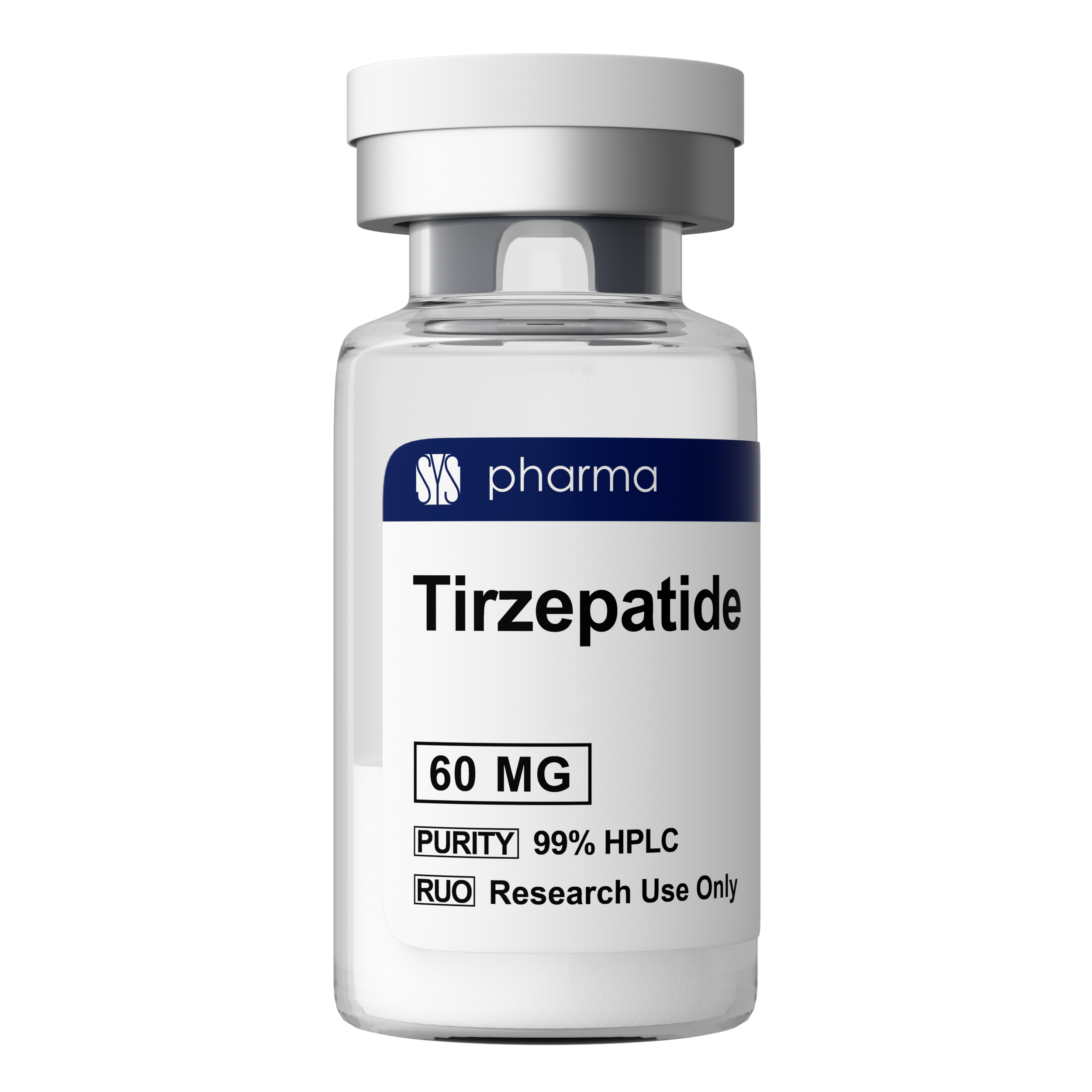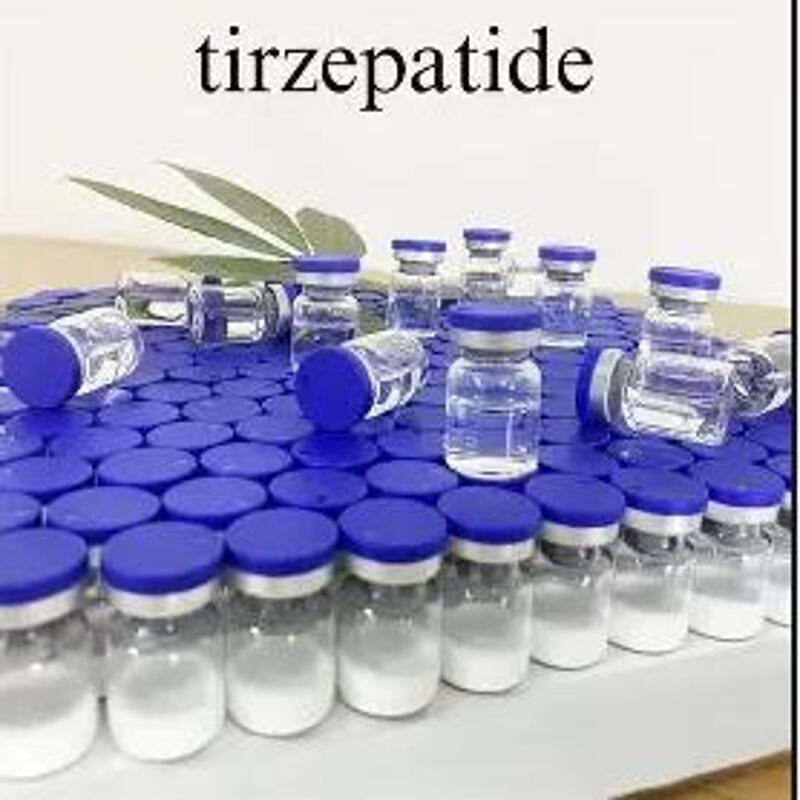Could China's new regulations on inventors affect the cro industry?
-
Last Update: 2014-09-04
-
Source: Internet
-
Author: User
Search more information of high quality chemicals, good prices and reliable suppliers, visit
www.echemi.com
Source: pharmasia news 2014-09-04 Shanghai - SIPO is drafting a new regulation on "service invention", which aims to encourage Chinese enterprises and researchers to increase investment in innovation and carry out more work in this field However, according to the regulations, the standards of rewards and rewards for inventors have increased, which may have an impact on China's fast-growing drug discovery industry SIPO began to draft regulations on service invention as early as 2010 The first draft was published in November 2012 for public comment After several rounds of revision, SIPO adopted the final draft in December 2013 and published it on March 31 this year for public comment At present, SIPO and the Ministry of science and technology are collecting feedback, which will be submitted to the State Council for approval after making the final revision This regulation will apply to employees working in enterprises or other units Tony Chen, partner of Jones day law firm, said the new rules would gradually change the model of drug development and research in China According to the draft, the inventor will be paid more If the invention created by the inventor is patented and has been commercialized to generate sales revenue, the inventor shall be paid not less than 5% of the relevant operating profit or not less than 0.5% of the relevant sales revenue The inventor can obtain up to 50% of the accumulated operating profit of IPR implementation The revision of the draft has raised some concerns in the industry The U.S - China National Committee on Trade (USCBC) gave SIPO feedback as early as December 2012, a few weeks after the first draft was published USCBC commented: "articles 21 and 22 set the default compensation standard for IPR inventors However, the content conflicts with articles 77 and 78 of the detailed rules for the implementation of the patent law, which assumes that the unit has signed a formal agreement with the inventor, or that the unit has stipulated the method and amount of reward for the inventor in its rules and regulations formulated in accordance with the law " "Articles 77 and 78 also establish default rules concerning the amount and duration of awards Therefore, the existing well-known patent law has established sufficient rules on the minimum remuneration standard for inventors " "In order to avoid obvious conflict and confusion of laws and regulations, USCBC proposes to delete the content directly related to the remuneration standard of inventors in the final revision of the draft, but refer to articles 77 and 78 of the rules for the implementation of the patent law as the authoritative default remuneration standard." In addition, USCBC believes that market-based negotiation "is the best way to determine the compensation standard to ensure that it is in line with the actual situation of the industry and invention, as well as the interests of the inventor." [click here to view the full USCBC submission, including comments on other issues in the first draft published in November 2012 ]However, until the latest revision, SIPO did not make obvious changes to the draft Four default methods for calculating the remuneration of inventors are granted invention patent right or new plant variety right Invention granted utility model patent right or design patent right or integrated circuit layout design patent right 1 Operating profit ≥ 5% (every year) ≥ 3% (every year) 2 Sales revenue ≥ 0.5% (every year) ≥ 0.3% (every year) 3 Refer to the amount calculated in (1) and (2) and the reasonable multiple of the inventor's personal salary (every year) 4 Refer to the reasonable multiple of the amount calculated in (1) and (2) to determine the amount of one-time remuneration to the inventor (not more than 50% of the accumulated operating profit of implementing the relevant IPR) Source: SIPO, Zhongda law firm If the unit decides to transfer or license others to implement the relevant intellectual property rights, it shall withdraw no less than 20% of the net income from the transfer or license as remuneration to the inventor In addition, the inventor has the priority to veto the IPR that the unit may decide to transfer or license Any agreement or provision that cancels the rights enjoyed by the inventor in accordance with these regulations or attaches unreasonable conditions to the enjoyment or exercise of the aforesaid rights shall be deemed invalid SIPO has the right to supervise and inspect the rules and regulations of the unit to ensure its legality Encourage or discourage innovation? The new regulations may increase the risk of foreign companies' investment in drug research and development in China, and may eventually affect the local drug discovery and contract research organization (CRO) industries A cro industry expert told Pharma news: "China's recently revised incentive scheme for inventors will bring a certain degree of uncertainty in the short term, and it's hard to say how it will affect the established industry practices From the experience of other countries, market-oriented inventor incentives can more effectively promote innovation " The expert, who asked for anonymity, also pointed out that many problems and challenges are not unique to China This new regulation will also have an impact on the R & D centers of multinational enterprises in China For example, if a compound is found in China, the company may have to share part of the subsequent operating profit generated with the inventor of the IPR In this way, are pharmaceutical companies willing to continue drug discovery in China? At present, the draft has entered the final stage of discussion, and SIPO convened more than 20 experts on May 28 for comments SIPO has realized that there may be some problems, including the calculation of reward; the draft is currently being revised to solve the problems found in the discussion For further explanation of practical operation, it is likely to have supporting implementation rules SIPO said in the explanation that the bill does not force the unit to strictly follow the law to determine the amount and method of reward, but rather stipulates that the unit and the inventor can independently agree on the method and amount of reward Only in the absence of provisions and agreements can the calculation method proposed in the draft be applied Therefore, if there is an agreement between the unit and the inventor, the agreement shall prevail, rather than the default calculation method proposed in the draft However, in a memorandum in August 2013, the lawyer of Huo jinluwei law firm wrote: "however, the enterprise is concerned that the agreed reward standard between the unit and the individual may be deemed unreasonable."
This article is an English version of an article which is originally in the Chinese language on echemi.com and is provided for information purposes only.
This website makes no representation or warranty of any kind, either expressed or implied, as to the accuracy, completeness ownership or reliability of
the article or any translations thereof. If you have any concerns or complaints relating to the article, please send an email, providing a detailed
description of the concern or complaint, to
service@echemi.com. A staff member will contact you within 5 working days. Once verified, infringing content
will be removed immediately.







